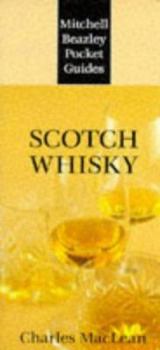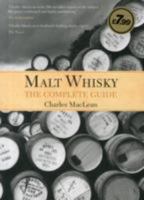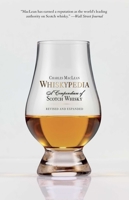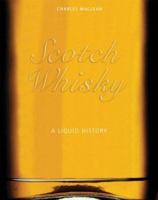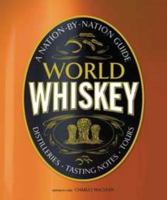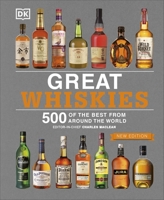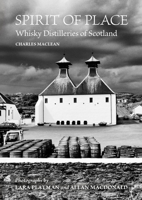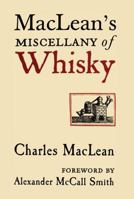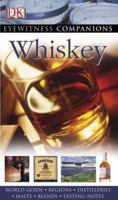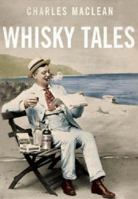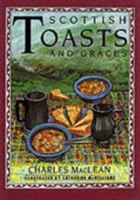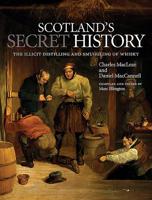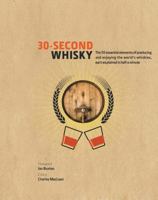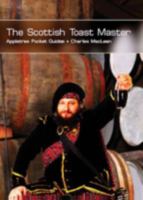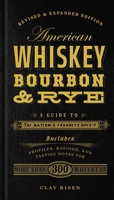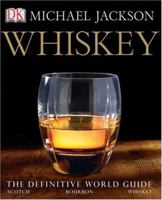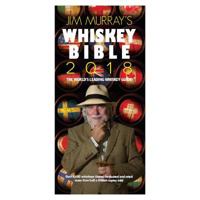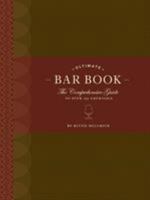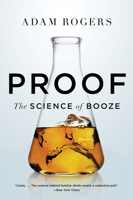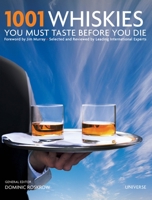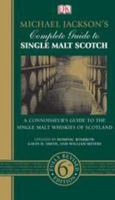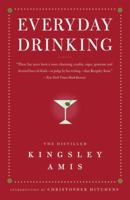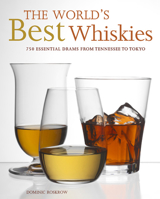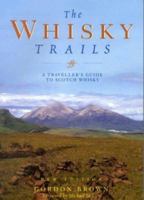Mitchell Beazley Pocket Guide: Scotch Whisky: Fully Updated for 2001/2002 (Mitchell Beazley Pocket Guide)
Select Format
Select Condition 
Book Overview
You Might Also Enjoy
Customer Reviews
Rated 4 starsscotch whisky
excellent, perhaps not in the most complete detail as some other guides, but extremely helpful. I found the author's descriptions to be very accurate.
0Report
Rated 5 starsalt suggestion
I give this book 5 stars because I have not read it, so must presume it is excellent; its L.A. Times review upon launch caught my eye. The reason for this review then is to mention The Whisk(e)y Treasury by Walter Schobert ISBN 1903238013, which I have read, or at least in the process of reading. Only half again as long, its exhaustive encyclopedic listings are daunting but its revelations about jewels like Erdadour and frank...
0Report
Rated 4 starscomprehensive guide
Scotch Whisky by Charles MacLean is a comprehensive guide about the different single malt and blended Scotch whiskies available. It starts with a short history about Scotch whisky and goes on to the making, the regional differences and how to appreciate this very traditional Scottish drink. This is followed by a listing of all the different single malt whiskies and blended whiskies. Each of them is listed by category, distiller...
0Report
Rated 4 starsEsthery, with Hints of Batter, Peat, and Heather!
An excellent little guide to the making and tasting of Scotch whisky, both single malt (81 pages) and blended (94 pages). After the introductory chapters on the history, making, and appreciation of whisky, brief (2-5 paragraphs) descriptions of each whisky are listed. There is an emphasis on the history of the distillery; this makes it an ideal travel book. The book is part of the "Mitchell-Beazley Pocket Guides," so can...
0Report
Rated 4 starsA Great Book for Scotch Whisky Drinkers
This is a pocket size book with detailed descriptions of numerous Scotch Whiskies, single malts and blends. It briefly provides a history of the distillery and most helpful, detailed tasting notes on each whisky. Charles MacLean is a well known and highly respected expert in whiskies. This book makes an excellent companion to Michael Jackson's "must have" book on Single Malt Scotch Whisky giving the reader another experts...
0Report











